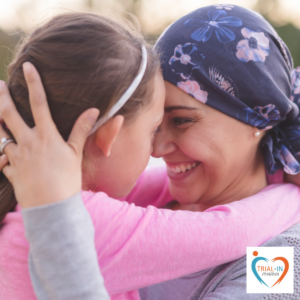Background
The first findings of KEYNOTE-811, an ongoing, global phase III trial, found that the addition of Keytruda to Herceptin plus chemotherapy for first-line treatment in patients with HER2-positive unresectable or metastatic gastric and gastroesophageal junction cancer improves overall response rate and is safe.
The trial is still recruiting (NCT03615326) and aims to enroll about 692 patients.
About the KEYNOTE-811 Study
So far, 264 participants were enrolled in the study. Thirty percent of patients in both arms were in Asia, and the remainder were equally distributed between North America, Europe, Israel, Australia, and the rest of the world.
All patients received Herceptin plus chemotherapy. Herceptin was added to fifty percent of patients and the other fifty percent received Placebo, a demo drug. It was a random assignment to each arm.
Results
- The study found that 74.4% of patients in the Herceptin arm had their disease stopped from growing or their tumors had shrunken. In the placebo arm, 51.9% of patients experienced these outcomes.
- Keytruda also led to deeper responses, with 11% of patients in this arm achieving a complete remission of disease compared with 3% in the placebo arm.
Side Effects
Most common side effects were diarrhea, nausea and anemia. These side effects were similar between the two arms.
As expected, Keytruda’s side effects were more common in the Keytruda arm. These included pneumonitis and colitis.
About Gastric Cancer
Gastric cancer, also called “Stomach cancer”, starts when some of the cells constituting the inner part of the stomach start growing and proliferating without control. This abnormal growth creates a tumor that is cancerous. Usually gastric cancer grows slowly, along a course of many years.
Talk to us so see if we can help you to actually get the most advanced treatments
TRIAL•IN Pharma
Because we, do not give up on life!
Contact us 24/7 –
Call center +44.2082.426.039
More information about gastric cancer>>








